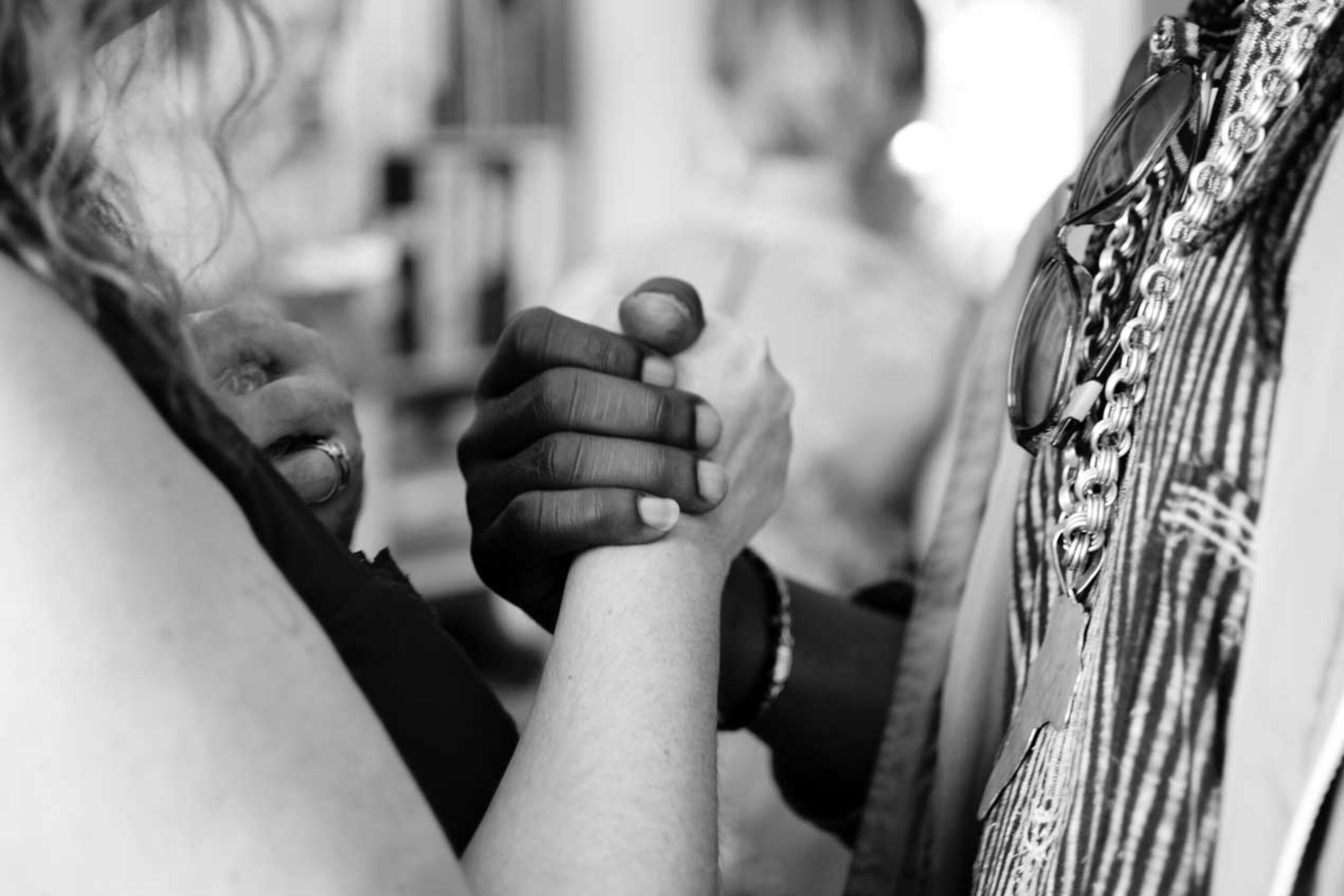Of the approximately 35,000 choices we make every day, many of them impact other people. Of course, it’s inevitable that over the course of a few days or weeks, we are going to mess up with these choices sometimes and potentially hurt, offend, or even damage someone else. When this happens, we could fracture trust that might have taken a long time to build. There are easy ways to repair trust that has been fractured.
In the last Lead in the Moment piece, I introduced a four-step process of apology that heals fractured trust. The results of following this process are so stunning that I have been wondering why leaders don’t use apology more frequently as a trust-building tool. This is also applicable to other relationships we hold. We were raised to believe that “love is never having to say you’re sorry”, which I’m sure many of us have learned is untrue. Contrarily, love is feeling secure enough in your relationship to be able to sorry often!
So why are people so resistant to heartfelt apology? I believe it stems from a confusion of the idea of vulnerability with the idea of weakness.
We grew up to believe that showing weakness in the business world can lead to being exploited. And we think of apology as showing weakness. But apology isn’t weakness—it’s vulnerability. And, when appropriate, being vulnerable isn’t weakness at all. Weakness is giving in to someone else’s pressure or capitulating to their demands to avoid conflict. Vulnerability is different.
Nathaniel Hawthorne wrote that the greatest obstacle to being heroic is the fear that one may be making a fool of oneself. Vulnerability is the courage to overcome this fear. Vulnerability is the readiness to risk the perfection of one’s image for the integrity of one’s values.
On a recent trip at the beach, I saw a rather well-dressed woman wade into the ocean to give a hand to an elderly man who seemed to be struggling against the current to walk back to shore. She could have fallen and gotten her clothes terribly wet, or it could have turned out that the man didn’t need her help at all. Either way, she might have made a fool of herself. But that fear didn’t factor in to her choice to step in and help. She was okay to be vulnerable with her image taking a bash, because that’s what her values demanded of her.
Weakness comes from a place of fear. Vulnerability comes from a place of courage.
Apology, when one has wronged someone, is not an act of weakness but an expression of courage. To apologize, one must overcome the fear of losing image—a fear, which like most fears, is unlikely to materialize anyway.
When I need to apologize and find it hard, I engage in the following thought process:
- What is the most I could lose by sincerely apologizing?
- How serious would that loss be to me?
- What could I lose by not apologizing?
- What could I gain by apologizing?
Then I find it easy.
Apologies rarely go wrong, but if you have any stories about one that did go wrong, I’d love to hear about it!
